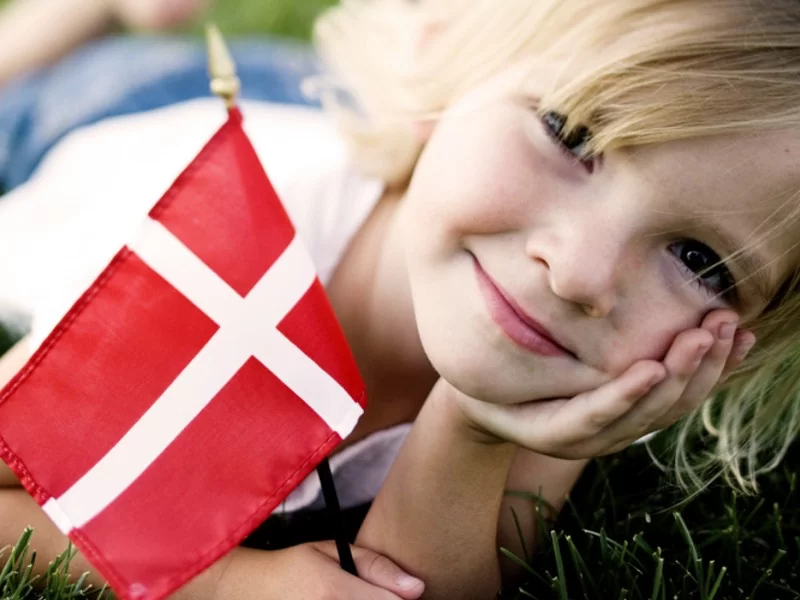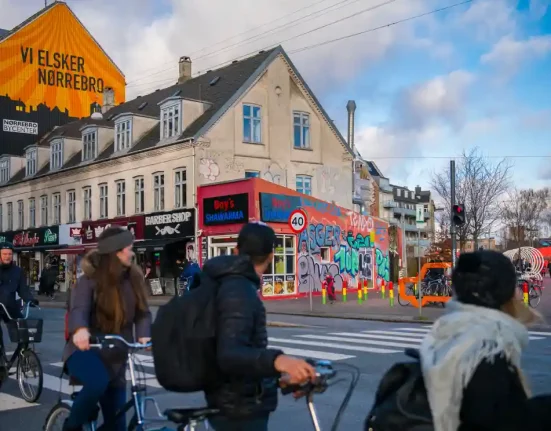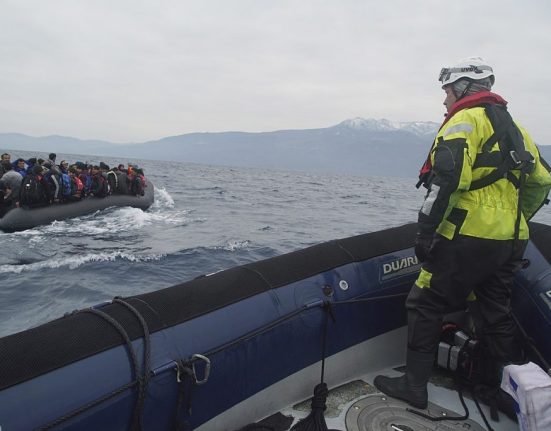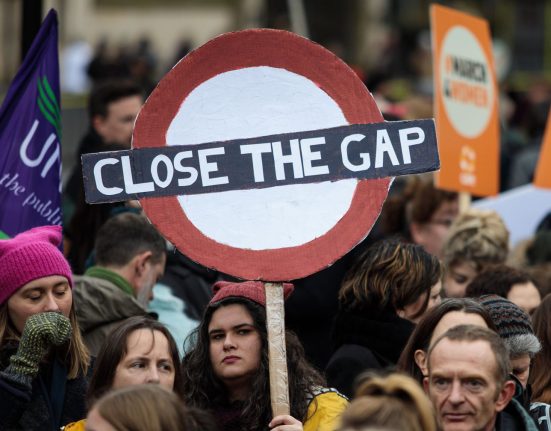Denmark has come under fire from the European Court of Human Rights (ECHR) for not recognising parenthood for couples who had children through surrogacy.
The ECHR recently declared that two European States had breached the rights of many children born through surrogacy in two judicial cases.
A Danish couple paid a surrogate mother from Ukraine to deliver twins. Danish authorities recognised the guy as the twins’ biological father and as their father, but they rejected the birth certificate that listed the non-biological mother as the children’s mother.
The couple travelled to Strasbourg after making numerous unsuccessful appeals in Denmark. The ECHR reached a different conclusion in that case, earlier this month.
Although there had been no infringement of the rights of the intended mother, the European judges claimed that by recognising the non-biological mother as the mother, the Danish state had infringed the children’s rights. The justices ruled that the Danish government had failed to establish a balance between the children’s interests in this case and the interests of society in limiting the harmful effects of commercial surrogacy.
European judges criticised the Swiss government in a related case in late November. A same-sex couple in the country had signed a gestational surrogacy agreement. A US court established the intended father’s relationship with the kid, but Swiss authorities refused to acknowledge it. Instead, they only acknowledged the child’s biological father as its father. The ECHR also found that the child’s rights had been breached in this case.
It is not the first time that the ECHR has overruled state law. In a related case from 2014, the Court decided against the French government. Despite surrogacy not being recognised by national legislation, nations were compelled to recognise the ties of its citizens.
“The European Court forces States to ratify child trafficking on the pretext that it has been validated abroad,” claims Juristes pour l’enfance, a French organisation for children’s rights. “The European Court obliges States to ratify child trafficking on the pretext that it has been validated abroad.” The judges of the European Court are not elected, and they have not been given any authority to enact self-proclaimed rules binding for all the States of the Council of Europe.








